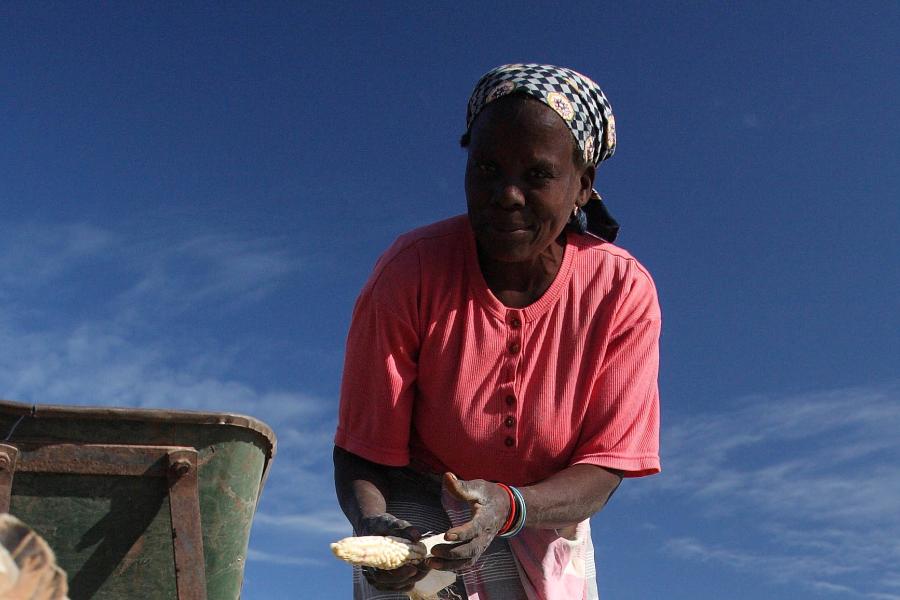Better data is needed to empower women livestock keepers

New factsheet uncovers persistent data gaps around women and livestock in Low and Middle-Income Countries
By Isla MacVicar and Vanessa Meadu
To celebrate the International Day of Rural Women, we have launched a new fact sheet investigating gender and women’s empowerment within the livestock sector. The fact sheet is part of Livestock Data for Decision (LD4D) community’s ongoing Livestock Fact Check project.
- Download the factsheet: Women Livestock Keepers
What's behind the fact
We set out to investigate the commonly circulated claim that “two-thirds of the world’s 600 million poor livestock keepers are women”.
By digging into the data, we have attempted to highlight knowledge gaps and identify statements that might misrepresent an issue.
We discovered that although the statement seemed plausible it could not be clearly attributed to published data. But how much does this matter?
What little data we have supports the claim that women constitute a greater proportion of the world’s poor livestock keepers. However, we cannot confidently offer an up-to-date figure that could inform interventions and allow the livestock community to assess whether gender disparities have improved or worsened over time.
Data for women's empowerment
Our investigation demonstrates the difficulty in sourcing accurate data relating to gender and livestock, which is rooted in a general lack of gender-disaggregated data. However, this is changing, as more livestock development projects are actively addressing – and measuring – gender disparities thanks in part to a push by funders. Tools such as the Women’s Empowerment in Agricultural Index (WEAI) and the Women’s Empowerment in Livestock Index (WELI) allow projects to measure women’s empowerment on a scale, and allow for comparisons between locations and over time. The International Livestock Research Institute (ILRI) and partners have been at the forefront of these efforts.
Better data is essential for supporting women’s empowerment in the livestock sector, just as it is essential for building rural women’s resilience in the wake of COVID-19. We must understand how women and men in the livestock sector have been differently impacted by the pandemic in order to implement responses that can alleviate the worst effects and support equitable recovery.
Further reading
- Women’s Empowerment in Livestock Index (WELI)
- Women’s Empowerment in Agriculture Index (WEAI)
- Related blog: It’s time to zero in on the gender gap in livestock data
- Explore more resources about livestock and gender
Isla MacVicar is a Researcher with Supporting Evidence Based Interventions (SEBI). Vanessa Meadu is the Communications and Knowledge Exchange Specialist for SEBI. SEBI facilitates the Livestock Data for Decisions (LD4D) Community of Practice and runs livestockdata.org on behalf of the community.
Header photo: A woman farmer in Mozambique tends to her poultry. Better data about women in livestock is needed to empower women in the sector. Photo credit: S. Mann (ILRI) (source)


